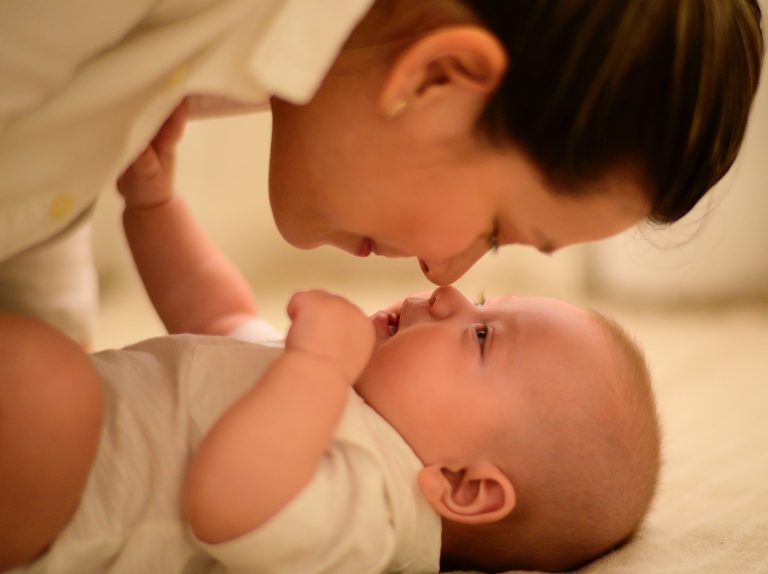The Smart Technology Helping New Parents Calm Separation Anxiety and Regain Peace of Mind

The Smart Technology Helping New Parents Calm Separation Anxiety and Regain Peace of Mind
In partnership with Owlet
Some things you can learn from textbooks, and other require on the job training, and whilst it’s never a bad idea to do your research, nothing really prepares you for parenthood like being in the thick of it. Becoming a parent might start with the slow and steady transformation of a woman’s body as the baby grows over the nine months incubation period but giving birth to your child is just the start of the changes you’ll experience.
For many parents, it’s the first time they truly feel the enormity of their role. In an instant, they become the protector of this tiny, precious human they’ve brought into the world, and that can be both empowering and joyful, and overwhelming and terrifying all at the same time!
In ‘The Postpartum Brain,’ Anna Abramson and Dawn Rouse explain that researchers found that parents experience an anxious neural response to the sound of their baby crying which was tracked using functional magnetic resonance imaging (fMRI), which they believe to be evolutionary and primal. A period of high alert or vigilance would have been necessary for parents to keep their child safe from all sorts of environmental dangers, so it’s little wonder so many of us find ourselves compelled to check that our little ones are breathing, or that they are safe in their bed. We’ve been hard-wired to worry!*
Whilst there may be a physiological explanation why many new parents experience a degree of anxiety about caring for their child, it doesn’t make it any the less exhausting.
Fortunately, advances in smart baby technology are helping parents find some peace of mind when it comes to their precious bub. Take the Owlet Smart Sock for example, which allows parents to check on their little one while they sleep without disturbing them.
“Using pulse-oximetry technology, the Owlet Smart Sock tracks your bub’s heart rate and oxygen levels and sends real-time insights to your phone. The Smart Sock is designed to grow with your baby and comes with different sized socks that comfortably wrap around your child’s foot up until the age of 18 months.
It also includes a Base Station which uses lights and sounds to let you know that your bub is doing okay but will notify you if heart rate and/or oxygen levels leave preset zones.”
View this post on Instagram
A recent study in Global Pediatric health showed not only do 96% of parents using the Owlet Smart Sock feel less anxious, but 94% of parents report better sleep quality too. So, if you are a new parent, trying to adjust to your new role, investing in an Owlet Smart Sock might just help you regain your peace of mind, and some well-needed sleep to boot!
Disclaimer: Whilst around 85 percent of women experience some type of mood disturbance after having their babies, according to the Massachusetts General Hospital (MGH) Center for Women’s Mental Health, for the majority of women these symptoms are mild and short-lived. If you or someone you know is experiencing perinatal or postnatal anxiety and or depression, it is important to visit your local GP.











